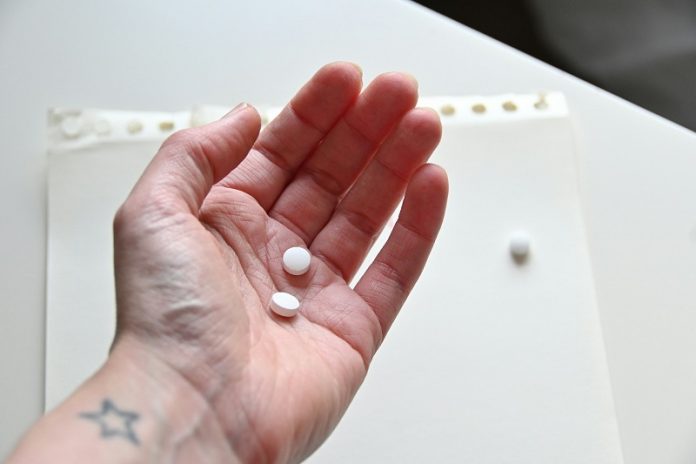
High blood pressure is a common issue that affects one in ten adults globally. It’s a serious condition that can lead to heart attacks and strokes.
To manage it, people often turn to lifestyle changes and medications. However, a recent study from Imperial College London has brought attention to a potential concern with a certain type of blood pressure medication.
The study focused on a group of drugs known as calcium channel blockers, which are commonly used to treat high blood pressure.
The researchers discovered that one specific type of these drugs, non-dihydropyridine calcium channel blockers, might increase the risk of a bowel condition called diverticulosis.
This condition leads to small bulges or pouches forming in the intestine lining, particularly affecting older people and sometimes resulting in medical emergencies.
To explore this, the Imperial College team conducted a detailed examination of three popular blood pressure medications: ACE-inhibitors, beta-blockers, and calcium channel blockers.
These drugs are widely used, but their full range of side effects isn’t completely understood. The researchers used genetic analysis to study the impacts of these medications.
They looked at gene versions that mimic the effects of the drugs, identifying proteins targeted by the drugs that help lower blood pressure.
After analyzing genetic data from around 750,000 people, they pinpointed genetic variants that produce these proteins. They then checked if these gene variants were associated with a higher or lower risk of other diseases.
This was done using data from the UK Biobank study, which included information on approximately 900 different diseases.
The findings were eye-opening. They showed a clear link between a specific type of calcium channel blocker and an increased risk of bowel conditions.
The researchers suggest that this could be due to the drug’s effect on the muscles in the intestines, which are essential for moving food through the gut.
Despite these findings, the team emphasizes that the current guidelines for prescribing blood pressure medications should not change. It’s crucial for people not to stop taking their medication without first consulting their doctor.
For those interested in gut health, there’s more to explore. Other studies have indicated that green tea might improve gut health and lower blood sugar. Additionally, certain diets have been linked to better gut health and weight loss.
If you’re curious about other health topics, there are studies on the major causes of fatty liver disease and leaky gut, and the benefits of red wine for gut health.
This impactful study, led by Dr. Dipender Gill and his team, was published in the journal Circulation.
It highlights the importance of ongoing research into the side effects of common medications and the need for patients to have informed discussions with their healthcare providers.
If you care about blood pressure, please read studies about unhealthy habits that could increase high blood pressure risk, and eating eggs in a healthy diet may reduce risks of diabetes, high blood pressure.
For more information about blood pressure, please see recent studies that early time-restricted eating could help improve blood pressure, and results showing 12 foods that lower blood pressure.
Copyright © 2024 Knowridge Science Report. All rights reserved.



